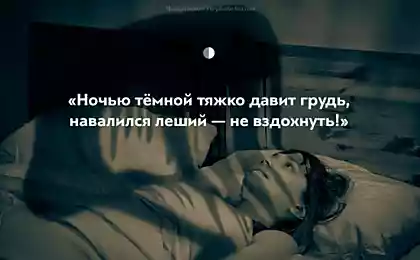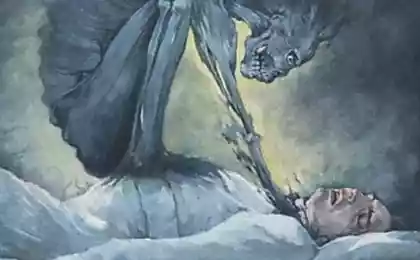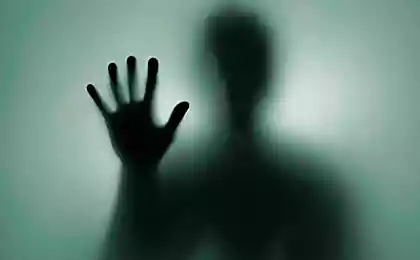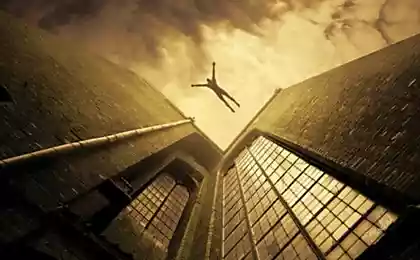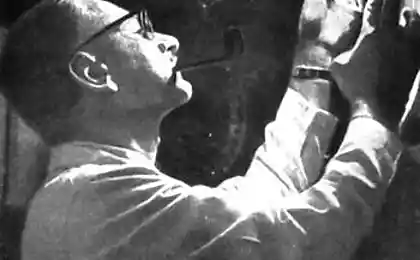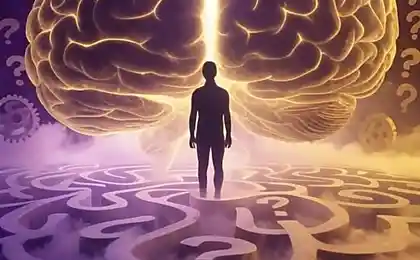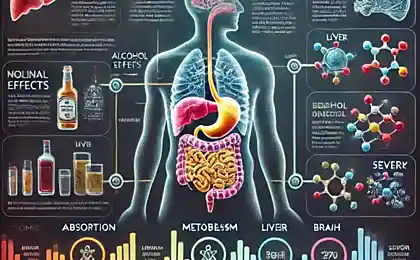972
The terrible sleep paralysis
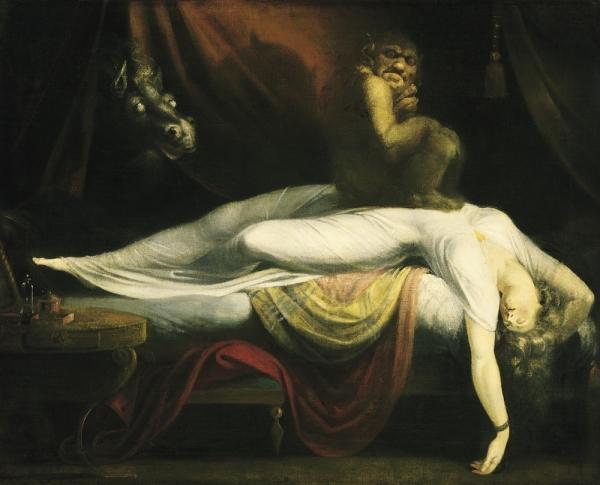
Imagine waking up, you will not be able to poshelohnutsya. Around the dark, but you are sure that the room except you have someone there. Something hovers next to the bed, or perhaps you are sitting on your chest, intercepting breathing.
It is a strange phenomenon known as sleep paralysis or drowsy stupor, and new research in this area has shown that an understanding of why this is happening, it is easier to help people survive such an episode. The assumption that sleep paralysis is caused by supernatural causes in people a sense of anxiety.
Such a stupor occurs when the brain and body are in non-compliance during sleep. During REM sleep, when a person moves fast eyes, he dreams, but the body's muscles are relaxed to the point of paralysis, apparently to keep the sleeper from taking any action in a dream. The researchers found that for the paralysis of the muscles are responsible two chemicals that are found in the brain, it is glycine and GABA (gamma-aminobutyric acid).
According to various estimates experience a sleepy stupor experienced by 5 to 60 percent of people. Such a run of data due to differences in survey methods. Some people often experienced by sleep paralysis, while others wake up paralyzed just once or twice in my entire life. The good news is that sleep paralysis, ultimately considered harmless.
Night terrors:
The awakening of mind and the knowledge that the body is "waking up", but remains paralyzed can be a scary experience as the person realizes that he can not move or speak. Often these moments are accompanied by hallucinations and a sense of suffocation. As for the hallucinations, they probably gave rise to myths about demons, succubus and incubus, allegedly in contact with people in dreams and even enter them into a sexual relationship.
Users can also sense the presence of a number of something sinister, or they think they are about to die. Sometimes sleepy stupor come with a sense of falling, swimming or alienation from the body.
These sensory experiences are likely to afflict people much more than the paralysis itself, as evidenced by a study published in the online Journal of Clinical Psychological Science in the February issue.
Researchers James Cheyne and Gordon Pennycook from the University of Waterloo in Canada conducted a survey of 293 people, mostly women, about their experience of the night stupor. They found that most people suffered from hallucinations, feelings of threat and of the supernatural beliefs regarding the causes of paralysis.
The fear associated with the thought:
People with an analytical mind are less prone to fears by supernatural forces and is usually easier to tolerate a sleepy stupor, as described in the results of the study.
Despite the fact that the study was not able to identify cause-and-effect relationship between analytical thinking, yet it can be assumed that such people tend to trust natural facts and scientific explanations of this state, while the dissenters soon turn to supernatural explanations.
"These findings are important not only for doctors to be aware of the consequences of the supernatural beliefs regarding the interpretation of the causes of sleep paralysis. It is also the fact that not everyone will accept a natural explanation for this phenomenon, "- the researchers write.
Meanwhile, many patients complain that doctors often ignore their very real fears that they experience when wake up paralyzed.
